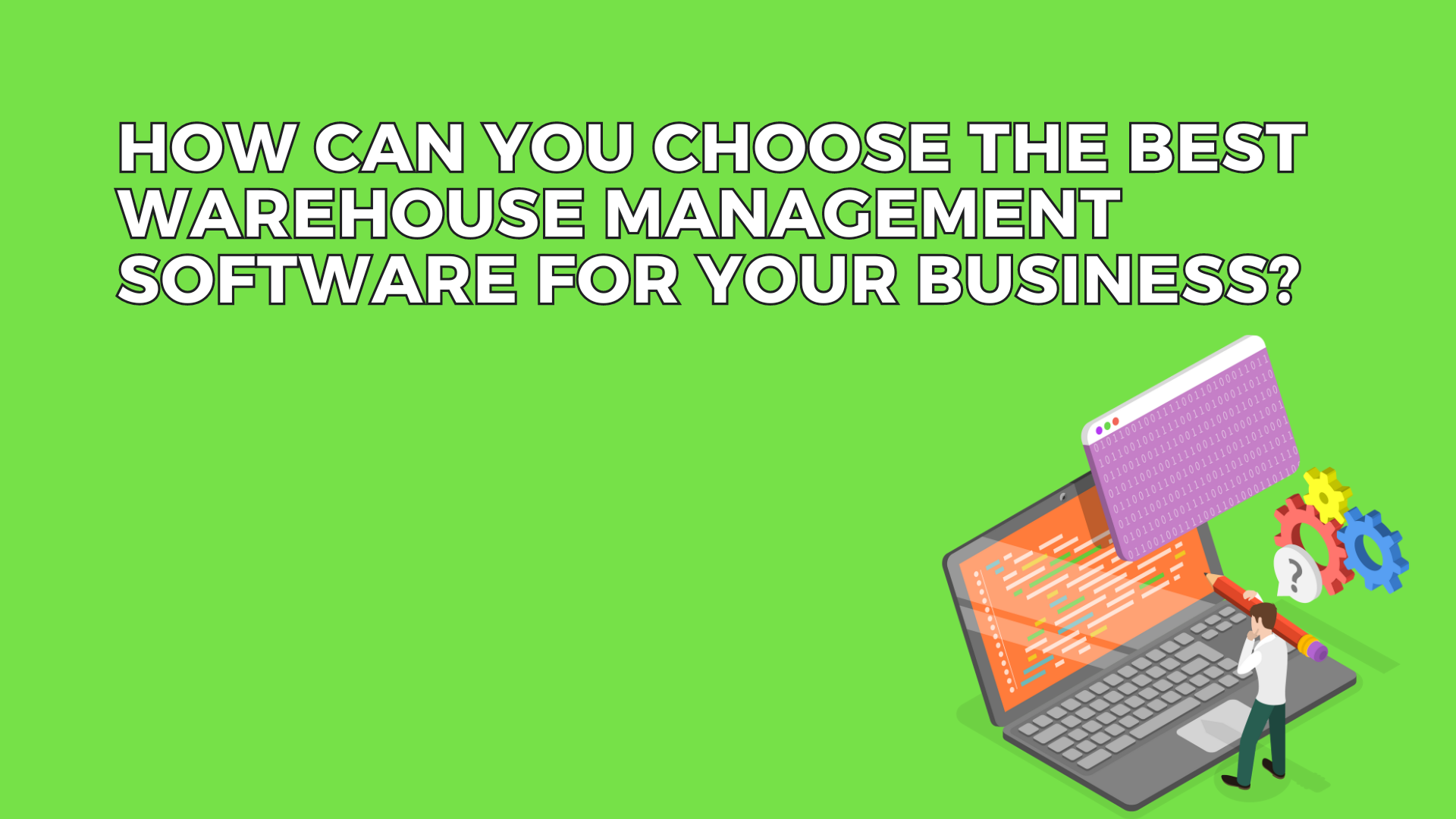As businesses grow and operations expand, the need for streamlined inventory tracking, optimized workflows, and real-time data visibility becomes increasingly evident. That’s where warehouse management software (WMS) comes into play. However, with a plethora of options available, selecting the right WMS for your business can be a daunting task. To help navigate through the maze of choices, let’s explore some key considerations in choosing the best warehouse management software for your business.
- Assess Your Needs: Before diving into the sea of WMS solutions, take a step back and assess your business requirements. What are your specific pain points? Do you need better inventory control, improved order fulfillment processes, or enhanced reporting capabilities? Understanding your unique needs will guide you in selecting a WMS that aligns with your business objectives.
- Scalability: As your business grows, so should your WMS. Opt for a solution that can scale with your business, accommodating increased inventory volumes, additional warehouse locations, and evolving workflows. Scalability ensures that your investment in WMS pays off in the long run, providing continued support as your business expands.
- Integration Capabilities: Seamless integration with existing systems is essential for smooth operations. Whether it’s your ERP (Enterprise Resource Planning) system, accounting software, or e-commerce platform, ensure that the WMS you choose can integrate effortlessly with your current technology stack. This integration minimizes data silos and maximizes efficiency across your organization.
- User-Friendly Interface: A user-friendly interface is crucial for user adoption and productivity. Look for a WMS that offers intuitive navigation, customizable dashboards, and straightforward workflows. Training your staff on a complex system can be time-consuming and costly, so prioritize ease of use to minimize the learning curve.
- Mobile Accessibility: In today’s mobile-driven world, the ability to access and manage warehouse operations on the go is invaluable. Choose a WMS that offers mobile compatibility, allowing your team to perform tasks such as receiving, picking, and inventory management from smartphones or tablets. Mobile accessibility enhances flexibility and productivity, enabling real-time decision-making from anywhere in the warehouse.
- Analytics and Reporting: Data-driven insights are essential for optimizing warehouse performance and driving informed decision-making. Look for a WMS that provides robust analytics and reporting capabilities, allowing you to track key metrics such as inventory turnover, order accuracy, and labor productivity. Customizable reports and real-time dashboards empower you to identify trends, spot inefficiencies, and make data-driven adjustments to improve overall efficiency.
- Support and Training: Implementing a new WMS requires support and training to ensure a smooth transition. Choose a vendor that offers comprehensive support services, including training for your staff, ongoing technical assistance, and software updates. A responsive support team can help address any issues that arise and ensure that your WMS operates at peak performance.
- Cost Considerations: While cost is certainly a factor, it’s essential to consider the return on investment (ROI) when evaluating WMS solutions. A higher upfront investment in a feature-rich WMS may pay off in the long run through improved efficiency, reduced errors, and increased customer satisfaction. Evaluate pricing structures carefully, considering factors such as licensing fees, implementation costs, and ongoing support expenses.
In conclusion, selecting the best warehouse management software for your business requires careful consideration of your specific needs, scalability, integration capabilities, user-friendliness, mobile accessibility, analytics, support, and cost. By taking the time to assess these factors and thoroughly evaluate available options, you can choose a WMS that enhances operational efficiency, drives growth, and ultimately contributes to the success of your business in the competitive marketplace.









